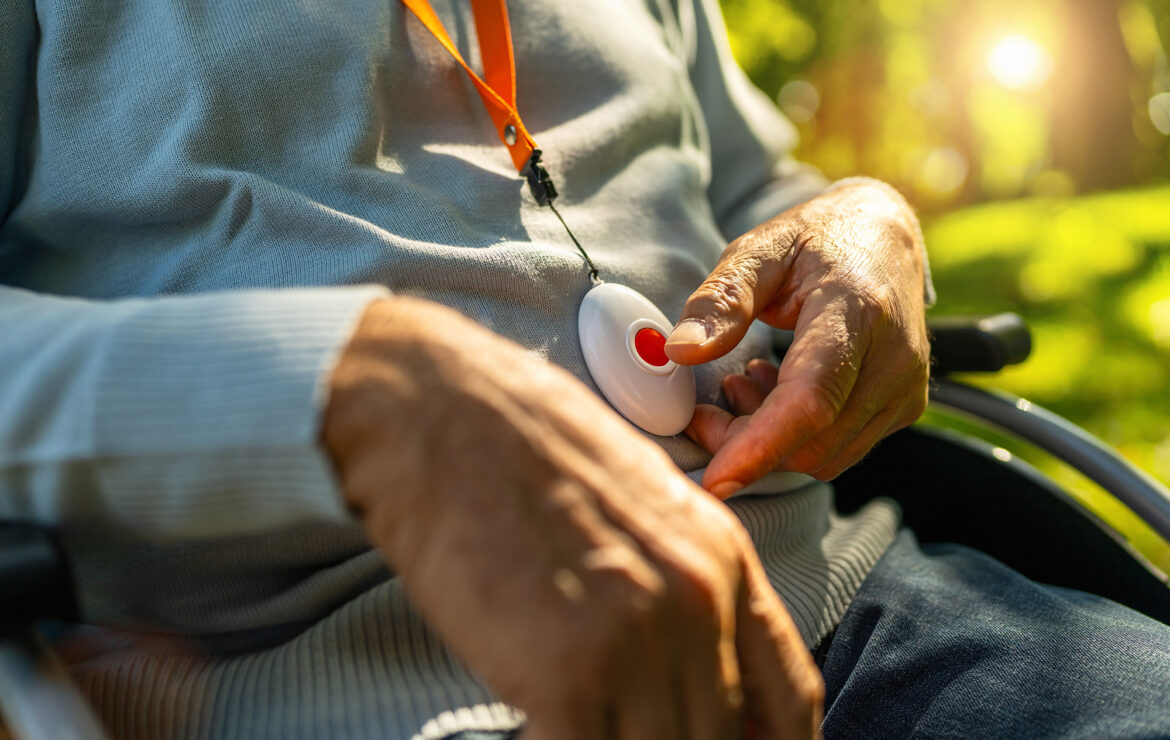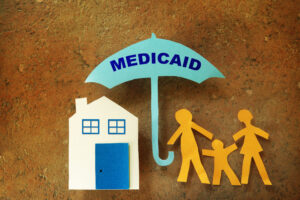Best Medical Alert Devices for Seniors

Do you have a family member or a loved one who requires extra help but wants to live independently? Medical alert devices are a great option for individuals who may be at risk of falling or requiring additional care to maintain their independence while providing a sense of security for relatives and friends. These medical alert devices are especially beneficial for seniors who live alone or have medical conditions that may require immediate assistance.
What are Medical Alert Devices?
A medical alert device, also known as an emergency response system, is a device designed to provide assistance in case of an emergency or if someone requires help. These devices typically consist of a wearable device, such as a pendant or watch, and a base station connected to a communication network either through a landline or cellular network.
Personal medical alert devices offer peace of mind to seniors and their families by providing a quick and easy way to summon help in case of emergencies, such as falls, medical issues, or other urgent situations, even if the senior is unable to reach a phone. Additionally, some medical alert systems may include features such as automatic fall detection, GPS tracking for use outside the home, and medication reminders to further enhance safety and independence for seniors.
How a Medical Alert Device Works
Your loved one chooses the medical alert device they are most comfortable with, often a small, lightweight device that can be worn such as a pendant or watch. The chosen device contains a button that can be pressed in the event of an emergency or when they require help. Next, the wearable device communicates wirelessly with a base station, which is usually located in the senior’s home, and is connected to a landline or cellular network. When the button on the medical alert device is pressed, it sends a signal to the base station, which automatically dials a pre-programmed emergency response center or call center.
Once connected, the senior communicates directly with an operator or dispatcher at the emergency response center through a speakerphone built into the base station. The operator then assess the situation, provides reassurance, and coordinates the appropriate response, such as contacting family members, neighbors, or the necessary emergency services.
The Best Medical Alert Devices for Seniors
The “best” medical alert devices can vary depending the individual’s needs. When choosing a medical alert device, it’s important to consider factors such as reliability, features, cost, and customer service reputation. Additionally, seniors should assess their lifestyle to find a device that best meets their requirements for safety and peace of mind.
Several medical alert devices are popular due to their reliability, features, and ease of use, especially among seniors. Here are some of the top medical alert devices:
Life Alert: One of the most well-known medical alert companies, Life Alert offers various products including wearable devices with a help button, home-based systems with a base station, and mobile GPS-enabled devices for use both at home and on the go.
Medical Guardian: Offers a range of medical alert devices tailored to different needs, including in-home systems with a base station and wearable devices, as well as mobile options with GPS tracking for seniors who are active outside the home.
Bay Alarm Medical: Provides affordable medical alert devices with features such as waterproof wearable devices, fall detection, and optional GPS tracking. They offer in-home systems with a base station and mobile systems for use anywhere.
Lifeline (Formerly Philips Lifeline): Offers a variety of medical alert solutions, including traditional in-home systems with a base station and wearable help buttons, as well as mobile options with GPS capabilities. They also offer automatic fall detection technology.
MobileHelp: Specializes in mobile medical alert devices with GPS tracking, allowing seniors to get help wherever they are, both inside and outside the home. They offer lightweight wearable devices and a variety of service plans.
Lively: Offers mobile medical alert devices with built-in GPS tracking and optional fall detection. Their devices are designed to be easy to use and offer 24/7 access to trained agents who can assist in emergencies.
LifeStation: Provides in-home medical alert systems with a base station and wearable help buttons, as well as mobile options with GPS tracking. They offer reliable service and customizable plans to fit different needs and budgets.
These medical alert devices are among the top choices available, but it’s essential to research and consider factors such as pricing, contract terms, features, and customer reviews to determine which device best suits the individuals needs and preferences.



